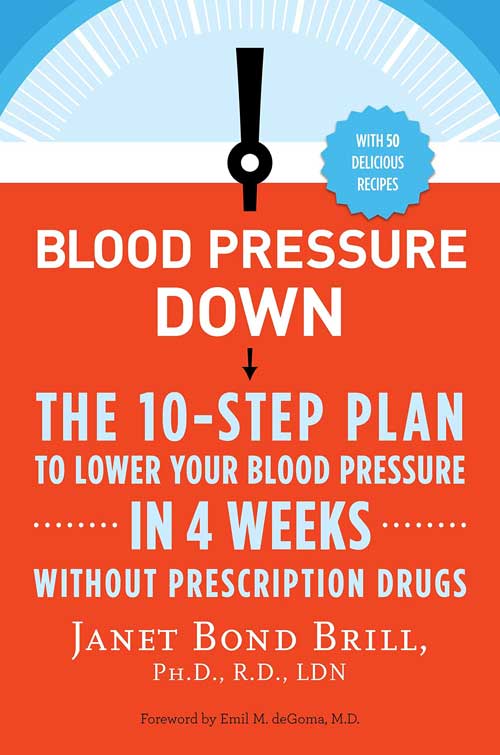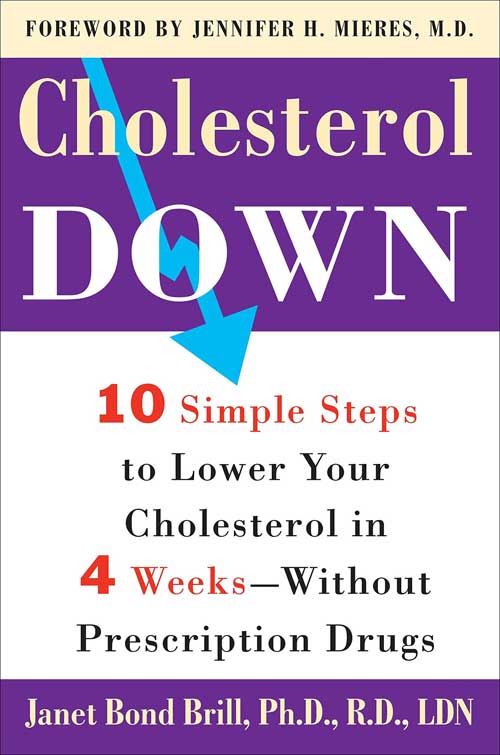By


What’s all the buzz about intermittent fasting providing phenomenal health and longevity benefits? Is there scientific proof that a program of intermittent fasting can help prevent disease and even help us live longer?
The answer is a resounding YES. A review article recently published in the prestigious medical journal, The New England Journal of Medicine, reveals that the health benefits of intermittent fasting are nothing short of miraculous. According to the researchers, intermittent fasting benefits many health conditions. Here is a list of some of the health benefits associated with the following programs of intermittent fasting:
- Promotion of improved cellular stress response to free radical damage.
- Anti-aging potential and an extended life span.
- Reduced inflammation and oxidative stress.
- Reduction of fat and body weight.
- Promotion of brain health by enhancing cognition in multiple domains, including spatial memory, associative memory, and working memory.
- Improved markers of cardiovascular disease such as blood pressure; resting heart rate; levels of high-density and low-density lipoprotein (HDL and LDL) cholesterol, triglycerides, glucose, and insulin; and insulin resistance.
- Intermittent fasting may provide protection against cancer.
- Intermittent fasting may help prevent and treat autoimmune diseases such as arthritis, asthma, and multiple sclerosis.
- Intermittent-fasting regimens reduce tissue damage after trauma.
How does a program of intermittent fasting accomplish all of these extraordinary benefits? The answer lies in how the short-term fasts affect the body. Once the body enters into the “fasted state,†the liver converts fat into ketones for use as fuel. This situation affects two important hormones:
- Insulin. Insulin levels increase when you eat, and when you fast, they decrease dramatically. Lower levels of insulin increase fat burning.
- Norepinephrine. Your nervous system sends norepinephrine to your fat cells. This helps them break down body fat into free fatty acids that can be burned for energy.
It is well known that excessive calorie intake, particularly in midlife, increases the risks of many diseases including obesity, heart disease, stroke, high blood pressure, Alzheimer’s disease, diabetes type 2, and Parkinson’s disease. A program of intermittent fasting has myriad health benefits that could potentially treat or prevent many of these common ailments.











